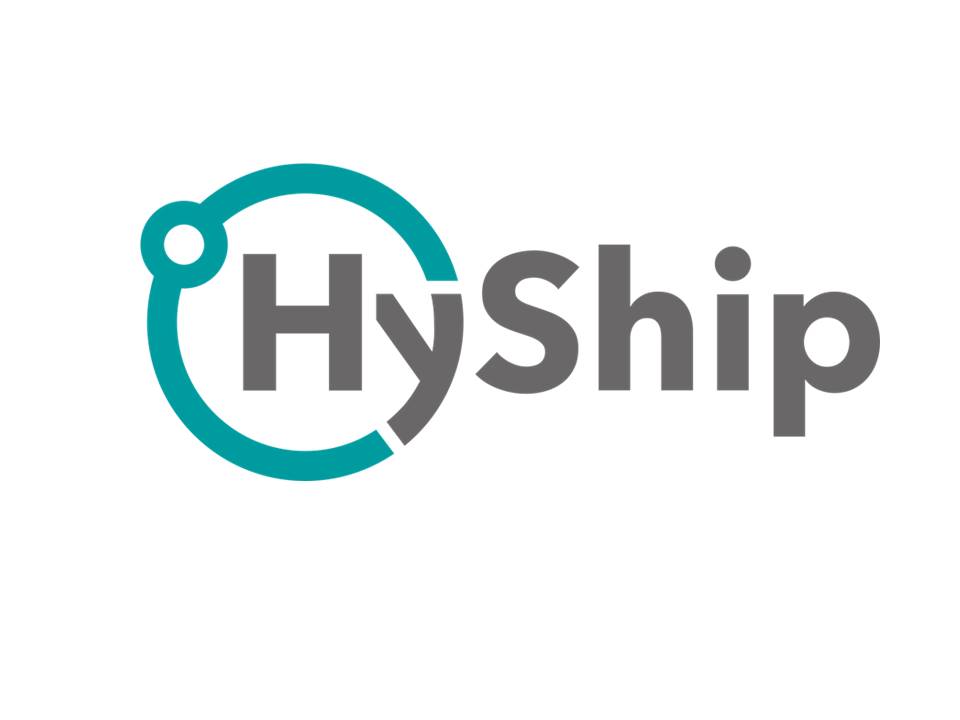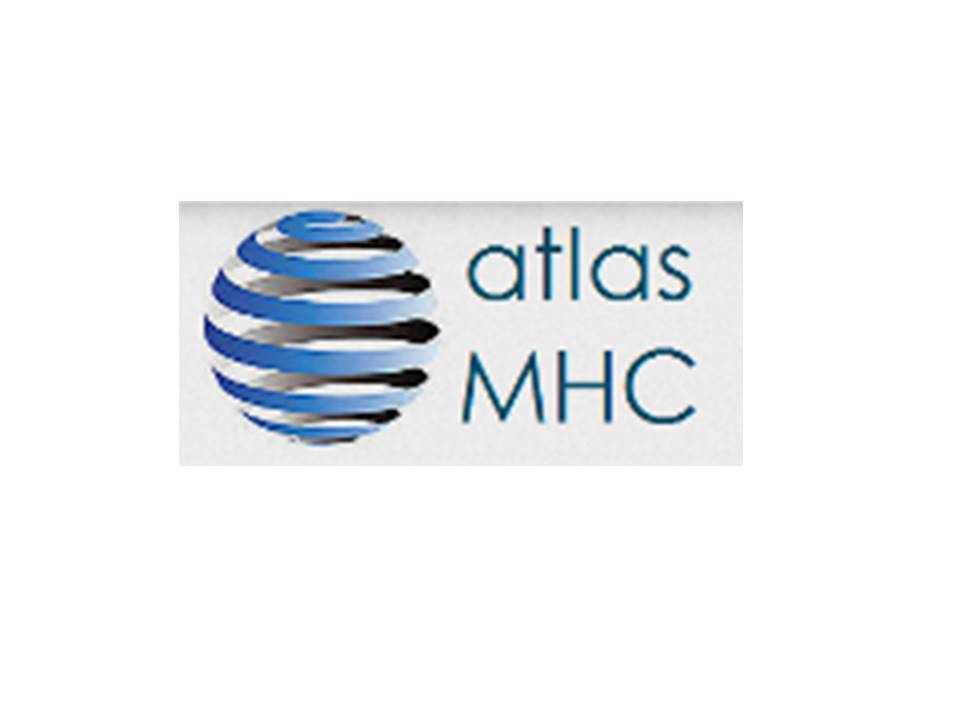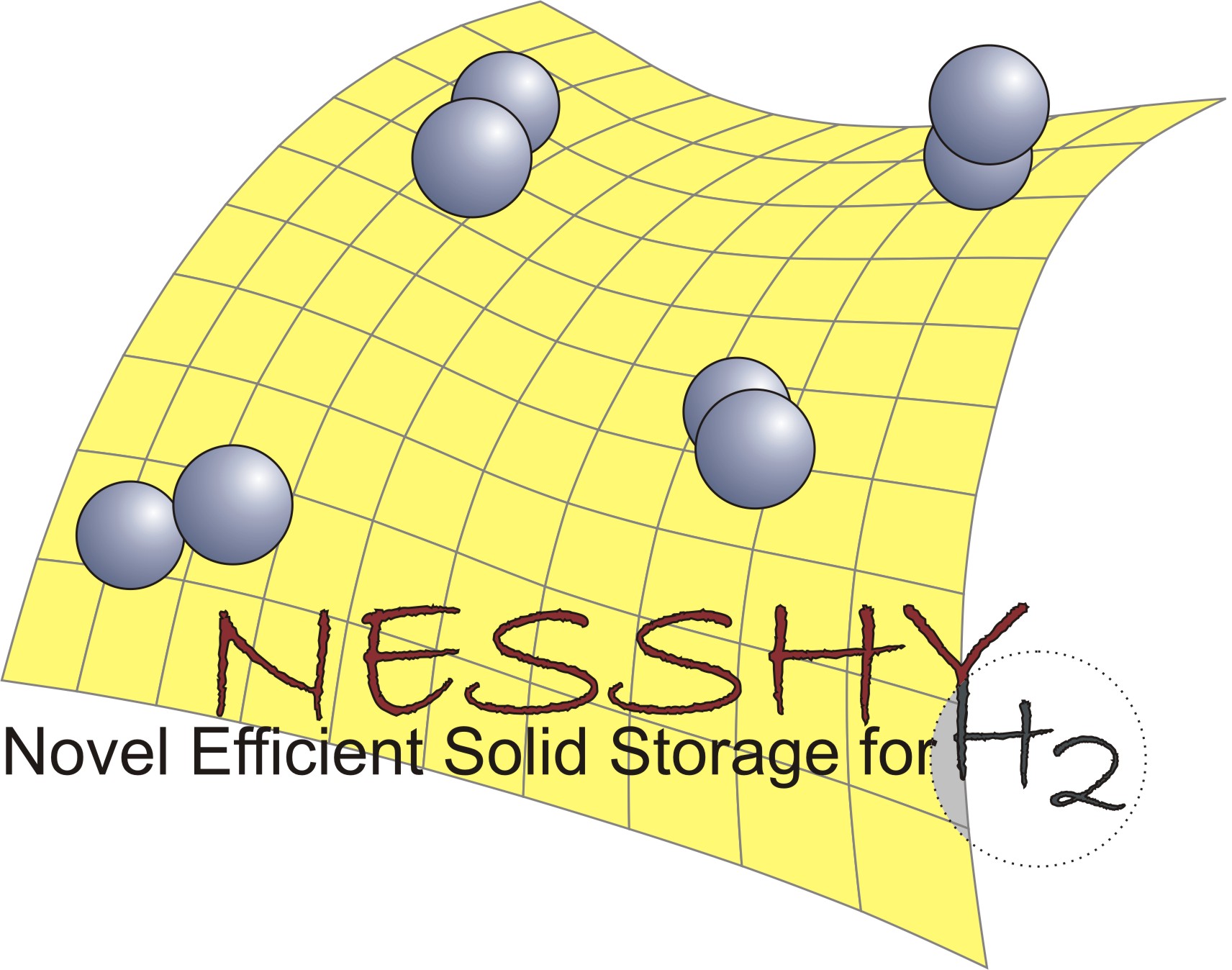Dr. Athanasios Stubos, Research Director, holds a Diploma in Chemical Engineering from the National Technical University of Athens, Greece (1984) as well as a PhD in Applied Sciences from the Von Karman Institute for Fluid Dynamics, Univ. Libre de Bruxelles, Belgium (1990) and he has over 30 years’ experience in heat & mass transfer processes for a wide range of applications spanning from gas storage/separations, enhanced oil recovery, depollution technologies, biomaterials, nuclear reactor safety, characterization of underground reservoirs and soil decontamination, giving lately strong emphasis on hydrogen technologies.
He heads the Environmental Research Laboratory since 2001 and as of November 2013, he is also acting as the Director of the Institute of Nuclear & Radiological Sciences & Technology, Energy & Safety (INRASTES) of NCSR “Demokritos”. Dr. A. Stubos has served as Vice President of the Center for Renewable Energy Sources (CRES) and Vice President of the NCSR “Demokritos”. He has undertaken on behalf of the EC activities to promote the cooperation between Europe and member states of the International Partnership for the Hydrogen Economy while he is currently the National Representative of Greece at the Joint Undertaking for Fuel Cells and Hydrogen of the EC (FCH JU).
He has coordinated several EU funded and national energy related projects as well as a number of international collaborative industrial ventures in the United States and Belgium, whereas he has acted as Scientist in Charge at NCSR “Demokritos” for a large number of national and international research projects. He has co-authored more than 180 publications in peer reviewed journals and 24 chapters in books/international editions (more than 4,800 citations; h index: 33 – Scopus) as well as appr. 250 contributions to international and national conferences.

Development of an Autonomous RES-driven Hydrogen Refueling Station (HRS) The H2TRANS project is developing the first hydrogen fuel refueling station in Greece. The final facility will consist of four basic elements:

SHIPFC's main mission is to prove and show the case for large-scale zero-emission shipping through developing, piloting and replicating a modular 2MW fuel cell technology using ammonia as fuel.

HYSHIP focuses on building and scaling (to 20MW) fuel cell approaches that lower operational cost (capex) and design cost of LH2 PEM operations through the development and validation of a 2MW fuel cell liquid hydrogen ship, used in a hydrogen bunkering and supply chain, along with developing busines...

ATLAS-MHC focused on the development and evaluation of hydrogen compressors for electricity storage through upscaling a laboratory prototype metal-hydride compressor (MHC) and evaluating the pilot scale, precompetitive MHC implemented in a complete renewable energy storage system aiming to bring it ...


NESSHY, coordinated by EREL, has been the first European Integrated Project aspiring to drive forward the research and development of solid storage of hydrogen for vehicle propulsion and associated distribution functions, covering porous storage systems, regenerative hydrogen stores (such as borohyd...
